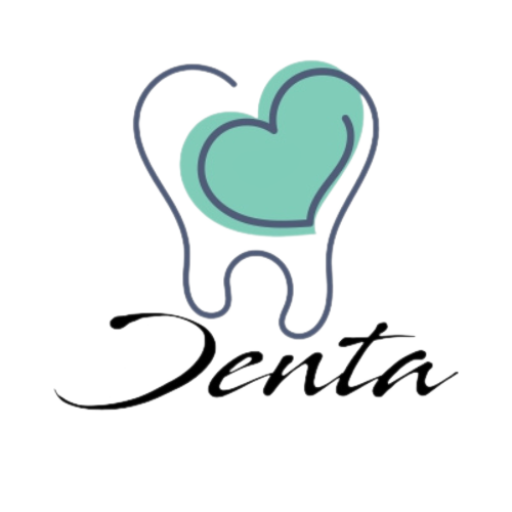A Complete Guide to Maintaining Good Dental Health
Dental health is a lifelong commitment that starts from early childhood, as soon as your first teeth appear. Despite early awareness, many people fail to maintain consistent oral hygiene into adulthood. Proper dental care includes more than just brushing—it’s a comprehensive routine that involves regular flossing, dental checkups, and smart lifestyle choices.
Daily Oral Care Routine
The foundation of good dental health starts with brushing and flossing. Brush your teeth at least twice a day using a toothbrush with soft bristles to avoid damaging your gums. Many people opt for electric toothbrushes or power brush systems, which can be more effective at removing plaque and reducing bacteria.
Flossing is just as important as brushing. It removes plaque and food particles from between your teeth and under the gumline, areas that toothbrushes often miss. Ideally, floss at least once a day—twice if possible.
Use Fluoride-Based Products
Fluoride plays a critical role in maintaining dental health. It strengthens enamel in developing teeth and helps prevent tooth decay in adults. Use toothpaste and mouthwash that contain fluoride to keep your teeth protected. Your dentist may also recommend fluoride treatments for added defense against cavities.
Understand Your Oral Health Needs
Everyone’s oral health is different. Factors such as your diet, the amount and quality of your saliva, your overall health, and your oral hygiene habits all affect your dental condition. Consult with your dentist to create a personalized dental care routine that fits your specific needs.
Diet and Lifestyle
What you eat greatly affects your dental health. Limit sugary snacks and acidic foods, which can lead to enamel erosion and cavities. Stick to a balanced diet rich in fruits, vegetables, dairy, and whole grains. Also, avoid tobacco in all forms, as it significantly increases the risk of oral cancer, gum disease, and tooth discoloration.
Visit Your Dentist Regularly
Regular dental checkups are crucial for detecting problems early and maintaining long-term oral health. Your dentist or dental hygienist will clean your teeth professionally, check for cavities, and evaluate your gums for signs of disease. Aim to visit your dentist at least twice a year, or more frequently if recommended.
By following these simple yet effective dental health practices, you can preserve your teeth, avoid common oral problems, and maintain a bright, healthy smile well into old age.
